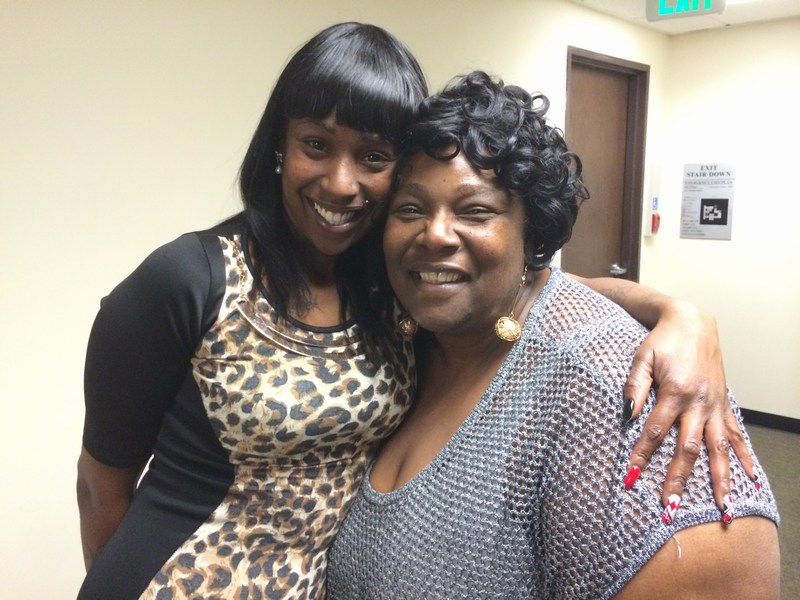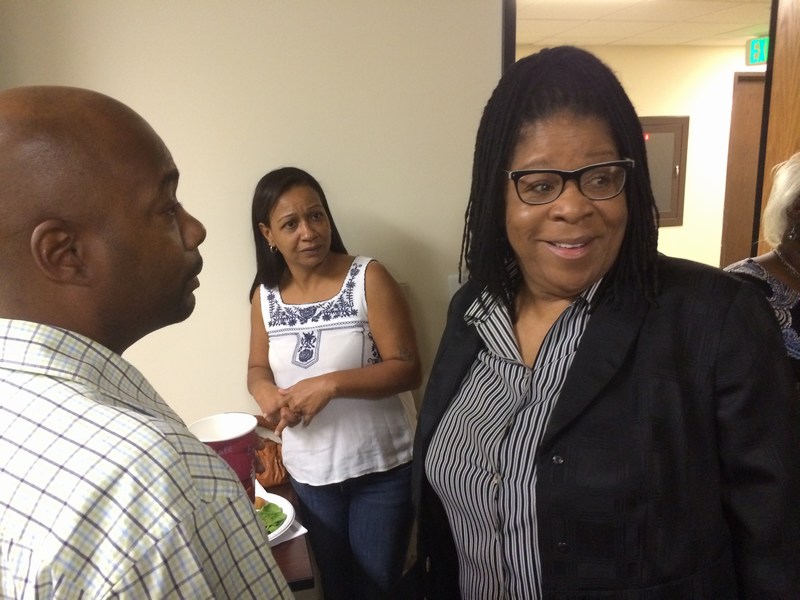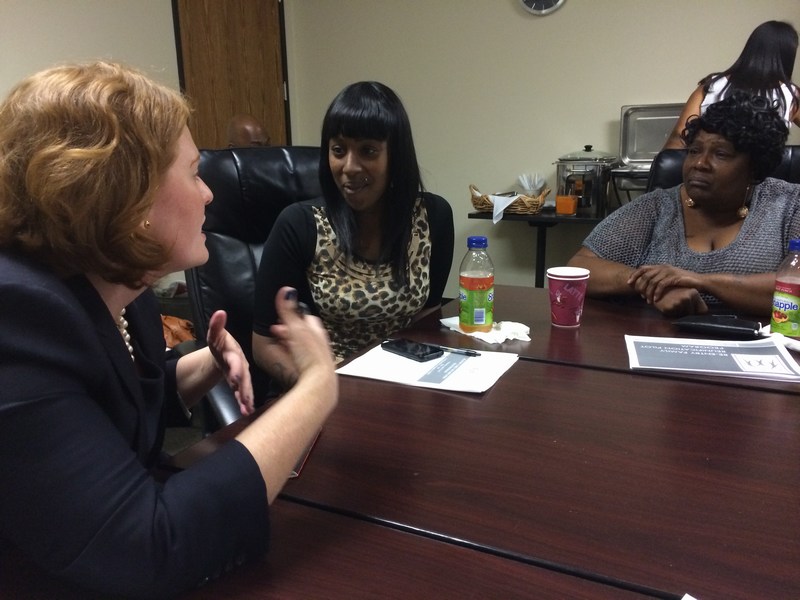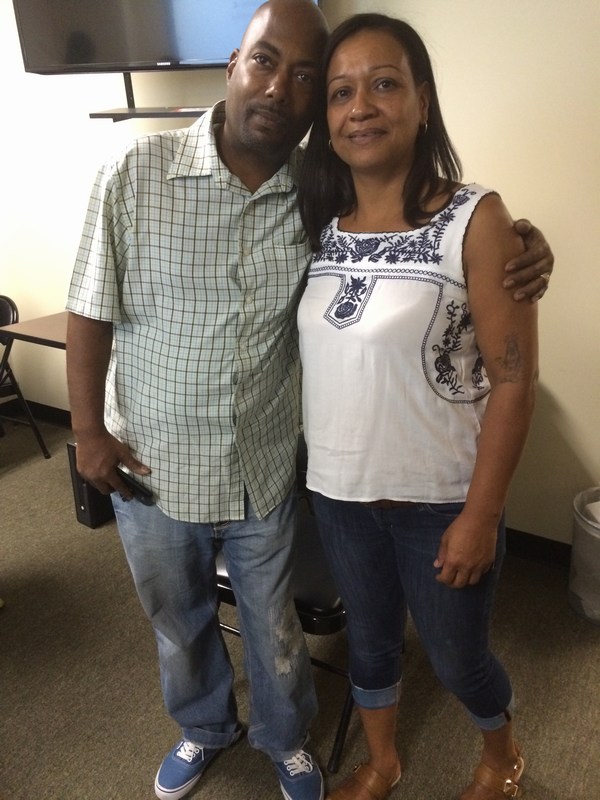In LA, New Section 8 Rules Mean Some Felons Can Go Home
 |
Damae Miller’s mother went to prison when the young woman was just 15. Now 25, she is looking forward to helping her mother transition to freedom after a decade in the Central California Women’s Facility at Chowchilla. “They took her when I was young; now we are working on our relationship,” Damae Miller says. But first the Housing Authority of the City of Los Angeles must approve a request that would allow a convicted felon to live in Damae’s apartment leased under the Section 8 Housing Choice Voucher Program, which until recently excluded people convicted of felonies. That rule kept many families from reunifying after a parent or child’s incarceration, even as data showed that a lack of safe and stable housing is a factor in higher recidivism rates. Some local housing authorities have begun to ease the restrictions since a 2011 letter sent by Shaun Donovan, President Obama’s secretary of Housing and Urban Development, encouraged the reunification of offenders with their families in public housing and voucher programs, where appropriate. Sex offenders, those convicted of domestic violence and those who have used public housing as drug manufacturing bases are ineligible. “Getting people into stable housing opens up opportunities for treatment and jobs,” said Peter Lynn, the former Section 8 Director of the HACLA. “This is an important population to invest in.”
 |
HACLA’s pilot program launched late last year and works with three nonprofits that specialize in reentry to help screen applicants, who often are skeptical of a government that previously viewed harboring a felon as a reason for immediate eviction from the program. The most active is A New Way of Life, a Los Angeles-based nonprofit that helps former offenders find transitional housing upon release from prison. Executive Director Susan Burton, a former offender herself, has devoted her life to helping those recently released find stable places to live. The nonprofit screens interested families for suitability and eligibility, and has a small staff of therapists that works with family members to build healthy relationships and communication skills. “A lot of family history has happened,” Burton said, “and we want to help them through it.” A doctoral candidate at the University of Southern California Sol Price School of Public Policy is following the families to gather data on social barometers such as job stability, recidivism, emotional wellbeing, physical health, and children’s success at school.
 |
As of May 2015 three families had been reunited in the pilot program and another seven were in the approval process. The landlord must agree to accept the felon; if not the housing authority will issue a new lease voucher for a different property. Former offenders can be removed from the program if they recidivate, but the family will not be removed from housing – nor will services end. Already officials from New York and Chicago have asked for more information with an eye toward implementing in those cities. The program has been eye-opening for Karen Dalton of the Los Angeles Sheriff’s Office Inmate Services Bureau. “We never had a community transition unit. We would release people and cross our fingers that they’d never come back,” she said. “We never thought ‘where do they go?’ It has been a process for us.” The Sheriff’s Department works with inmates as their incarceration time draws to a close to inform them of their options and connects those who qualify with the HACLA for appropriate housing, she said.
 |
Bobby and Nidia Swain found themselves homeless after he returned in January after six years behind bars. “I was on the brink of criminal activity, things had gotten so bad,” he said. “This program came along when things had gotten really bad.” A New Way of Life helped the couple with a deposit and let them pick a few furnishings from the nonprofit’s warehouse. “We do ongoing therapy, and it has helped us a lot,” Bobby Swain said. “We’ve learned to communicate. We’ve learned how to live together. The advice (the therapist) gives really works.” HACLA is conducting outreach, with the help of the nonprofits, to find more participants. They are enlisting churches, and mailing letters to Section 8 voucher participants in an effort to convince others to sign up. The goal is to have 25 families enrolled by August, and then to follow those families for a year to see how they fare with the support services offered by A New Way of Life. “Every time I left jail I swore I was going to get it together,” the nonprofit’s Burton said. “But without support, especially housing support, it’s almost impossible.”

